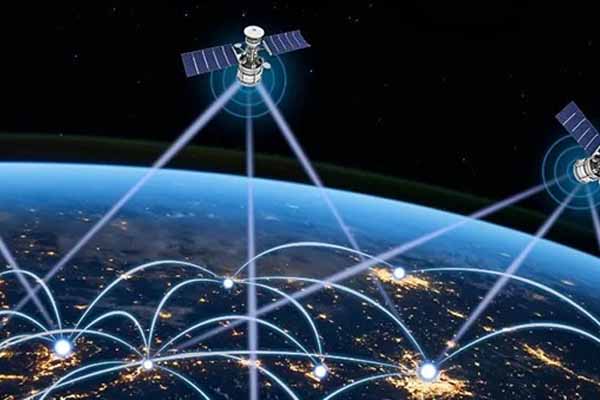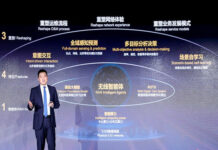Applications using the Low Earth Orbit (LEO) satellites could be utility and energy companies monitoring their systems and equipment without site visits, data being collected for agriculture and environmental management, and goods and assets being tracked on sea or land across global supply chains.
“The Launch of the Wyld satellite IoT network service, will enable us to connect data at low power to LEO satellites and delivering that data to the customers that need it,” said the CEO of Wyld Networks, Alastair Williamson.
“We look forward to delivering connectivity to meet the fast-growing demand in the 85% of the Earth’s surface with little or no current service.”
The company, a mesh and low-power networking specialist that is based in Cambridge in the UK, cites McKinsey that it is the lack of global connectivity that is holding back the growth of the Internet of Things from adding $2 trillion to the global GDP over the next ten years.
Wyld Networks
It’s Oxford meeting Cambridge. Last month Oxford-based Lacuna Space, a provider of global satellite connectivity for the IoT, announced its partnership with Wyld Networks.
The agreement allows Wyld to transfer data from its low-power, sensor-to-satellite LoRaWAN terminals and modules through Lacuna’s network of Low Earth Orbiting (LEO) and Mid Earth Orbiting (MEO) satellites. This would be for IoT applications where there is little or no alternative connectivity. Wyld Networks will resell data from the existing and planned Lacuna constellation of satellites.
Astrocast, Omnispace
Other competitors in this field include Astrocast, which made its bidirectional satellite IoT service commercially available at the start of the year, aimed at connecting IoT devices globally for use outside of cell-based terrestrial networks. The service uses Astrocast’s own nanosatellite constellation, in Low Earth Orbit, and it is bidding to support low-cost applications in asset tracking and telemetry.
Target sectors include agriculture and livestock, utilities, transport and mining – involving remote locations such as mines, farmland, ships and oil platform. There’s also Omnispace, which is also working with Lacuna Space for an IoT service that will use LoRaWAN to enable direct-to-satellite communications for an IoT devices. The idea is for satellite coverage to fill connectivity gaps in hard-to-reach areas that are without cellular or Wi-Fi signals. Asset tracking, fleet management and data collection, globally, are seen as target applications.















